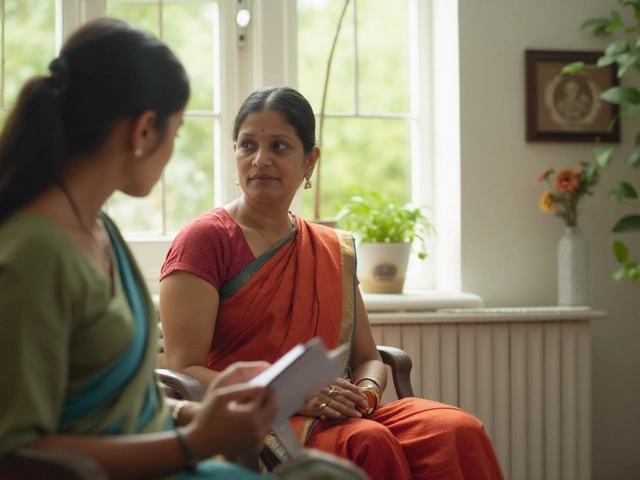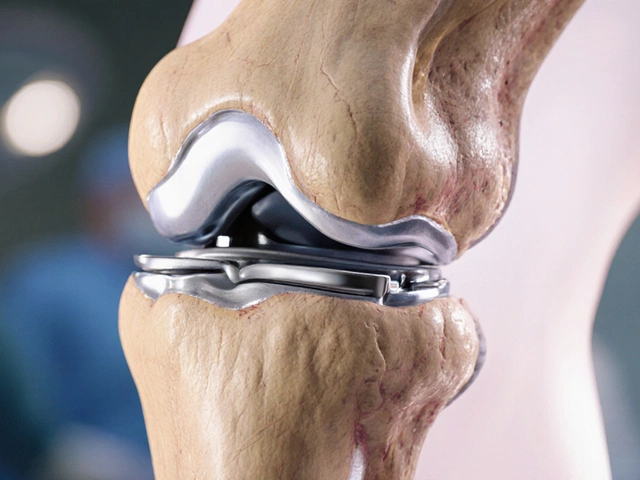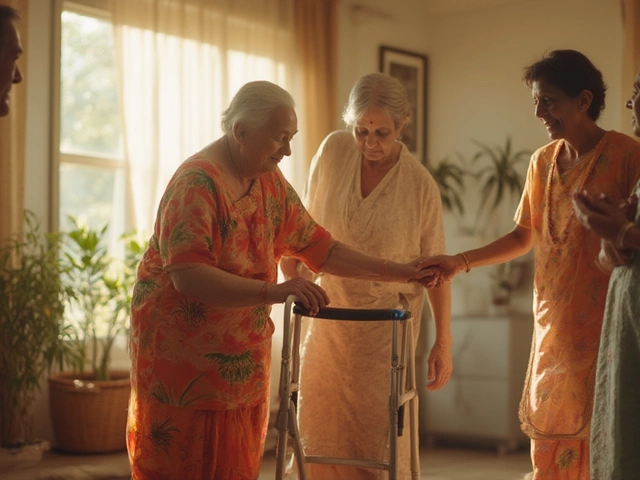Weight Loss Journey: Practical Tips to Lose Weight Fast and Keep It Off
Starting a weight loss journey can feel overwhelming, but you don’t need a magic formula. Most people succeed by combining easy diet tweaks, simple activity habits, and the right mindset. Below you’ll find straight‑forward steps you can try today, plus clear guidance on when (and if) weight‑loss pills make sense.
Quick‑Loss Tactics That Actually Work
First, focus on the things that shave calories without demanding a gourmet cooking class. Swap sugary drinks for water or unsweetened tea – you’ll cut about 150‑200 calories per can. Next, add protein to every meal. A handful of nuts, a boiled egg, or a cup of dal keeps you full longer, so you’re less likely to overeat later.
Portion control is another easy win. Use a smaller plate; research shows people naturally serve less when the dish looks fuller. If you enjoy snacking, keep pre‑portioned bags of roasted chana or a fruit cup handy instead of reaching for a bag of chips.
Movement doesn’t have to mean a gym membership. Aim for 30 minutes of brisk walking, a quick stair‑climb, or a home‑based bodyweight routine (squats, push‑ups, planks). Even short bursts of activity throughout the day add up and boost your metabolism.
Lastly, sleep matters. Six‑seven hours of solid sleep helps regulate hormones that control hunger. Skipping sleep often leads to late‑night cravings and bigger portions.
When to Consider Weight‑Loss Pills
If you’ve tried diet and exercise for a month or more and still see little change, a doctor‑prescribed weight‑loss pill might be worth discussing. The right specialist is usually an endocrinologist or a bariatric physician – they’ll assess your health, check for underlying conditions, and decide if medication fits.
Common prescription options, like orlistat or newer GLP‑1 agonists, work best when paired with lifestyle changes. They’re not a free pass; you’ll still need to watch calories and stay active. Side effects can include mild stomach upset or, for some, a temporary loss of appetite.
Before you ask for a pill, ask your doctor these questions: What will the medication do for me? How long should I stay on it? What other health checks are needed? Clear answers help you avoid scams and stay safe.
Remember, pills are a tool, not a cure. The strongest, longest‑lasting results come from habits you can keep after the medication stops.
Putting all this together, a successful weight loss journey looks like this: reduce sugary drinks, boost protein, control portions, move a little every day, sleep well, and talk to a qualified doctor if you think medication could help. Stick with the plan for at least four weeks, track your progress, and adjust as needed. You’ll notice steady, healthy changes that add up to big results over time.
Ready to start? Grab a water bottle, jot down one small diet swap for tomorrow, and set a 10‑minute walk after dinner. Small steps today become big wins tomorrow – that’s the real secret to a lasting weight loss journey.





